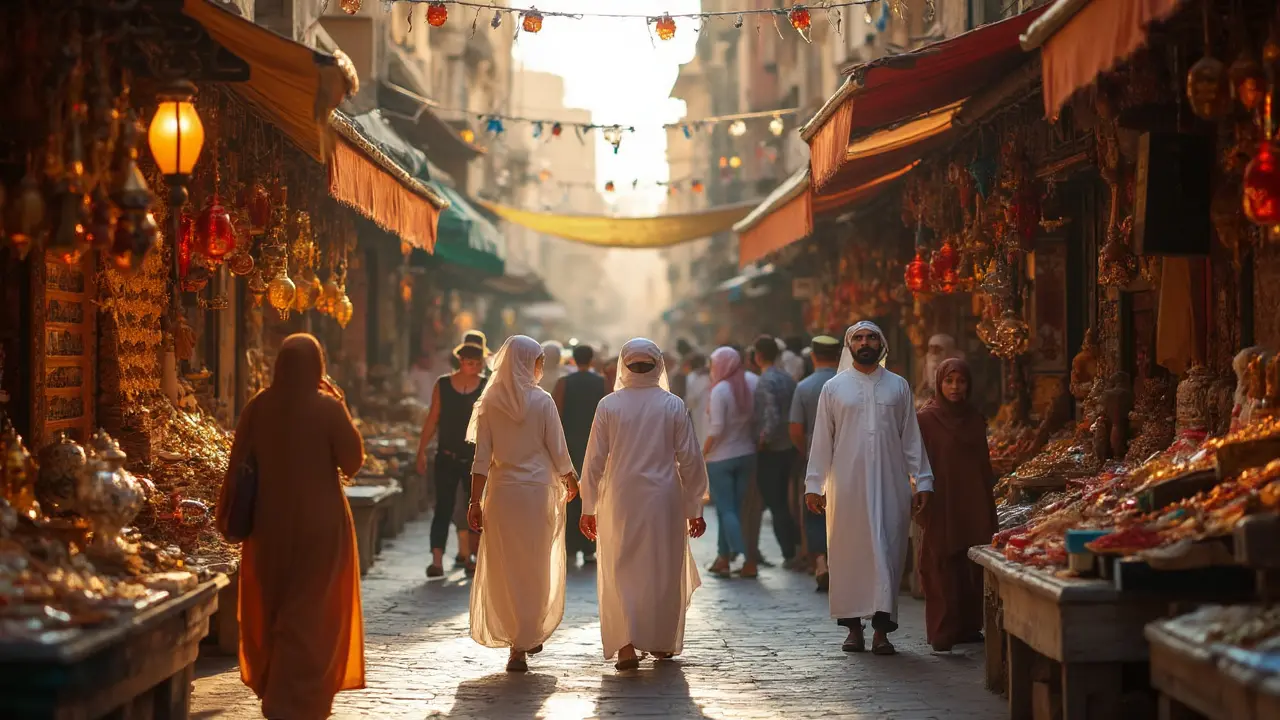UAE Traditions You Should Know Before Visiting Dubai
Walking through a Dubai market, you’ll hear the call of a coffee pot, see bright fabrics, and feel a warm welcome. Those moments are the living heartbeat of Emirati traditions. They’re not museum pieces; they shape how locals eat, greet, and celebrate every day.
First thing most visitors notice is hospitality. Offering Arabic coffee (gahwa) with dates is more than a drink; it’s a sign of respect. The coffee is lightly spiced with cardamom, and the host will serve it from a dallah, a long‑handed pot. Refusing isn’t rude, but accepting a few cups shows you value the gesture.
Everyday Customs That Define Emirati Life
Dress codes vary, but modesty is a safe bet. Men often wear a kandura, a white robe, while women might choose an abaya, a loose black cloak. In tourist zones you’ll see Western clothing, yet covering shoulders and knees keeps you comfortable in public spaces.Family ties are strong. Meals are usually shared, and it’s common to hear multiple generations chatting at the same table. If you’re invited to a home, bring a small gift—like fine dates or a box of sweets—to show appreciation.
Ramadan changes the city’s rhythm. During daylight, restaurants keep low profiles and most shops close. After sunset, the streets fill with iftar crowds gathering for soup, dates, and hearty dishes. Experiencing an iftar in a traditional souk gives you a taste of both food and fellowship.
Celebrations and Heritage Activities
Eid al‑Fitr and Eid al‑Adha are the biggest celebrations. Expect extra fireworks, special prayers, and lots of sweets. Dress up, greet people with "Eid Mubarak," and enjoy a feast that can include lamb, rice, and a variety of desserts.
Camel racing and falconry are still popular. These sports aren’t just entertainment; they echo centuries‑old desert survival skills. Watching a race at the Al Maktoum Racecourse or a falconry display at a cultural village offers a glimpse into the nomadic roots of the UAE.
Souks are the market heartbeats. The Gold Souk dazzles with glittering jewelry, while the Spice Souk fills the air with aromas of saffron, turmeric, and dried herbs. Haggling is expected, but do it with a smile. A good rule: start at half the asking price and meet in the middle.
Traditional music uses instruments like the oud and darbuka. You’ll hear them at weddings, cultural festivals, and even at modern cafés that blend old tunes with new beats. If you’re curious, join a dhow cruise at night; the crew often shares stories and songs about the sea.
Language matters too. While English is widely spoken, learning a few Arabic phrases—like "Marhaba" (hello) or "Shukran" (thank you)—goes a long way. Locals appreciate the effort and will often respond in kind.
Finally, understand that tradition and modernity live side by side. Skyscrapers tower over ancient forts, and high‑tech malls sit next to desert camps. Embracing both sides makes your visit richer.
So, whether you’re sipping gahwa in a palm‑shaded courtyard or dancing at a contemporary club, remember that every interaction is part of a larger cultural story. Respect the customs, ask questions, and you’ll walk away with more than photos—you’ll carry a piece of Emirati heritage with you.
Dubai Cultural Experiences: The Ultimate Guide to Exploring Global Traditions in the City
If you call Dubai home—or you’re just passing through—discovering the city’s best cultural experiences doesn’t need to be overwhelming. From immersive souk visits to food adventures and a lineup of festivals throughout the year, Dubai has it all. This guide shares practical tips, surprising facts, and insider advice tailored for Dubai’s blend of locals, expats, and visitors. Get ready to explore the city’s hidden gems and world-class attractions that bring cultures together. Find out where to go, what to try, and how to make the most of your cultural journey right here in the heart of the UAE.

